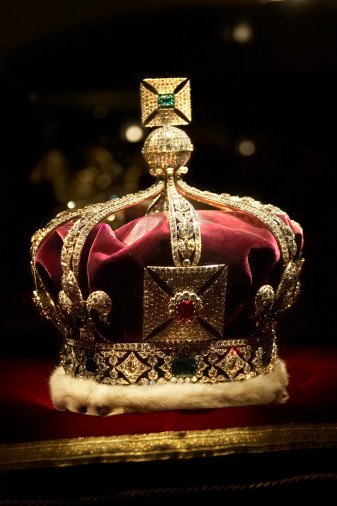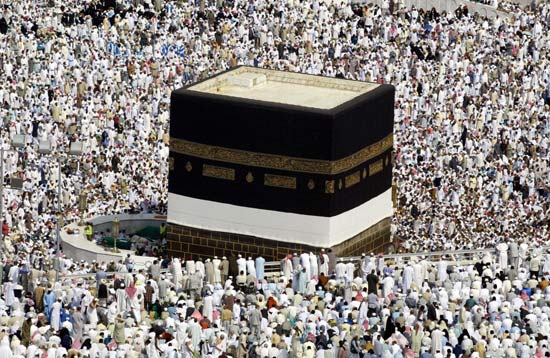Tafseer Surah Qadar: What’s Better Than 1000 Months?
This is post #25 in our series on Tafseer of Juz ‘Amma (click the link to see all posts in this series).
Reason of Revelation
The Messenger of Allah (salallahu alayhi wa sallam) told the companions about a man of the previous nations; a man who lived and fought jihad for over 1000 months (roughly 83 years, 4 months). (In case you didn’t know, the previous nations lived longer than us–like Prophet Nuh (alayhi salaam), who did da’wah for nearly 1000 years.)
The companions were amazed, and they said: how can we compete with him?
And subhanallah, this is a gem. Look at the companions. They prioritized and competed for the akhirah. Subhanallah to the point that, they don’t just try to do “some good deeds before I die;” not enough. They competed with each other–but even that was not enough. Rather, they competed with all of the Muslims, ever, starting from the time of Prophet Adam, until the Day of Judgment.
We need to really look at ourselves and see, how much are we like them? Or are we just vying for bigger houses, better cars–more dunya?




